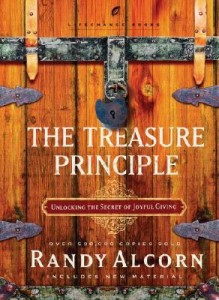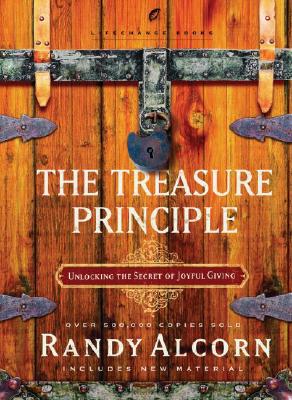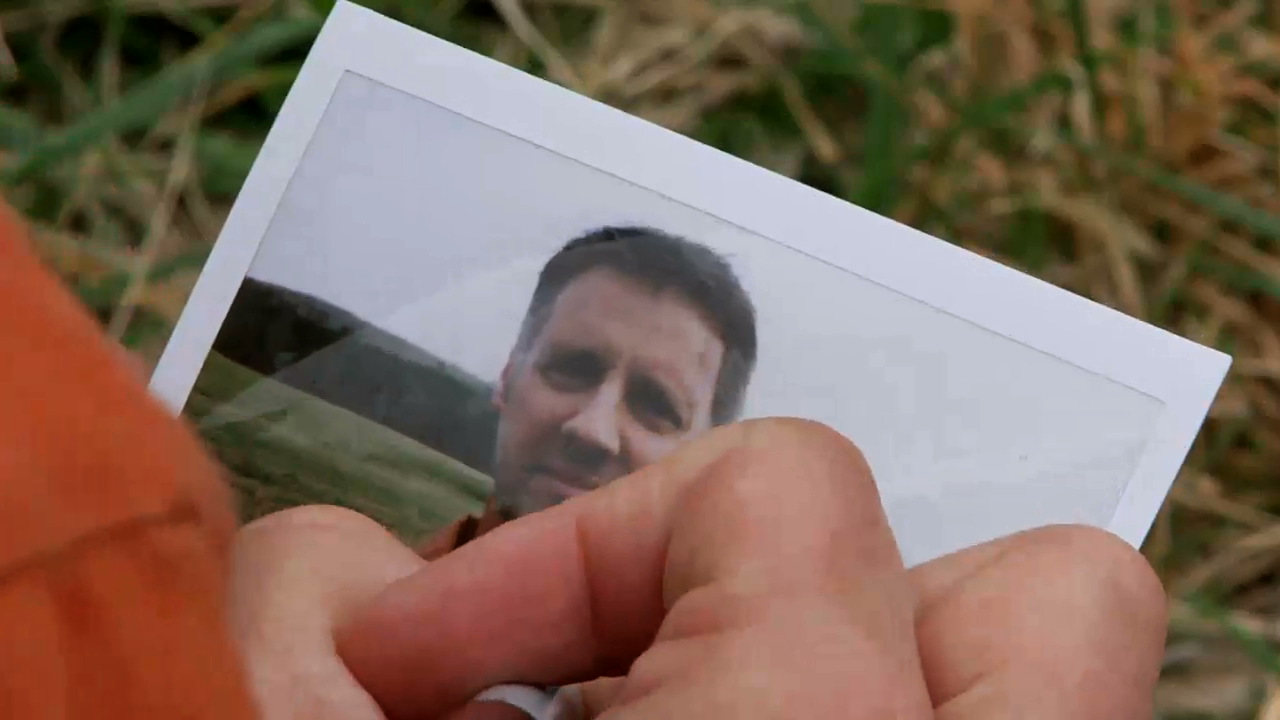Reading Time: 3 minutes
Small, but challenging.
After finishing my review of Soulprint (read it here), I was eligible to request another book from the Blogging for Books program at Water Brook Multnomah and so I had them send me a complimentary copy of The Treasure Principle, by Randy Alcorn.
When I ordered it, I knew it sounded familiar, and I was right. Seems I already had a copy, but like a lot of the books on my shelf, I’d only read a few pages of it, and that was a looonnnggggg time ago. I knew the copy being UPS’ed to me was an updated copy, but I went ahead and read what I had, and even though this one is short (under 100 pages), it took the week to read it because of how thought-provoking it was.
The Treasure Principle is a book about money, and more specifically, our money. Alcorn shares what he calls the treasure principle, which is: You can’t take it with you- but you can send it on ahead. It is a lesson he learned the hard way, after a pro-life demonstration at an abortion clinic went wrong and he found himself on the bad side of a $8.4 million judgement that would have his church salary garnisheed and given to the clinic. Not willing to have his pay go to support what he opposed, Alcorn chose to resign his position and work for minimum wage so his salary wouldn’t support abortions. I’m sure you can learn more with a Google search, but my purpose in sharing it here is just to give some background about how the author came to view possessions the way he did. Continue reading











